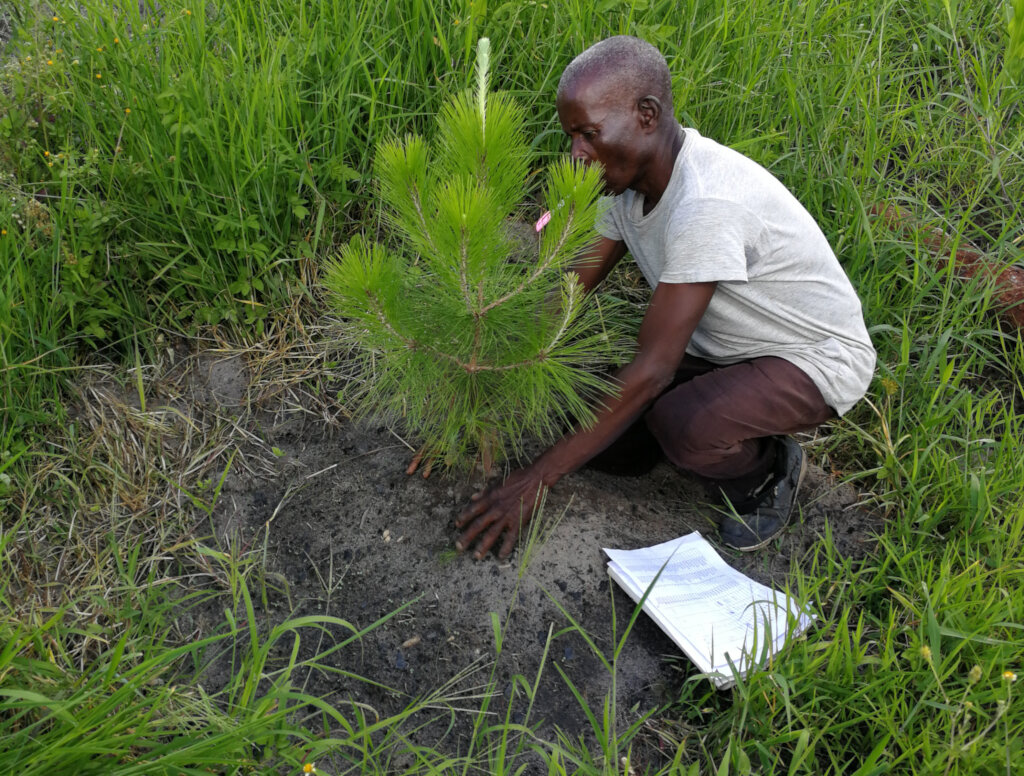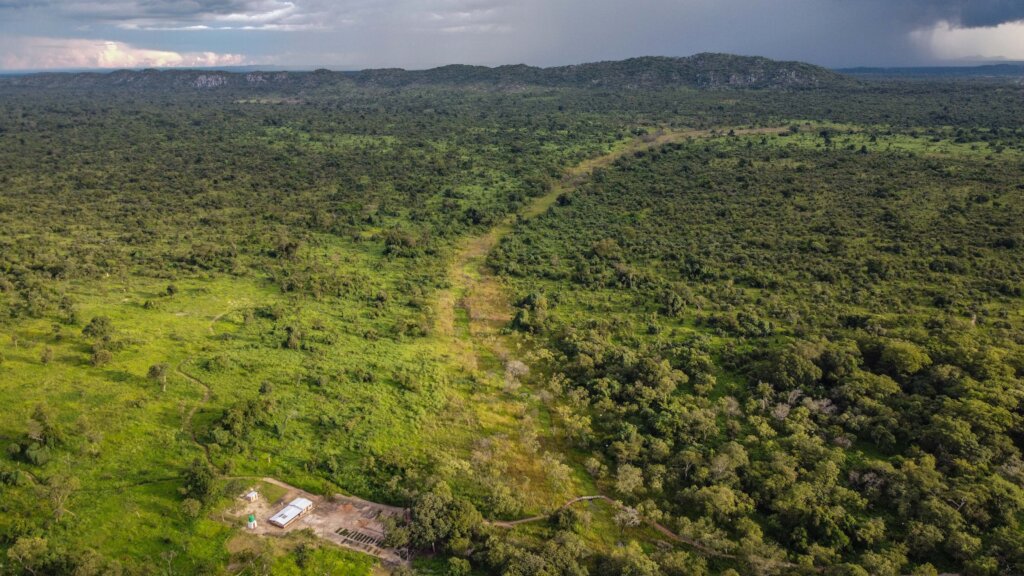By Vienna Leigh | Communications Manager, WeForest
In the four years since our Katanino project started in 2019, a beautiful and precious area of miombo woodland has been placed under restoration and protection so that it cannot be deforested or degraded by charcoal production or agricultural expansion any more. 5644 ha is being protected and restored in the forest reserve and buffer zone – that’s an estimated 6.1 million trees growing.
Our survey of households at the beginning of the project found that 54% of families here faced food shortages and consumed forest products (fruits, wild vegetables and mushrooms, tubers and honey), and 38% of households used forest products to raise cash incomes from charcoal, wild fruits, mushrooms or firewood. The forest provided on average 53% of mean cash income, while income from livestock was derived by only 16% of households.
As restoration and protection of the forest reserve limits community access to resources such as charcoal and forest products, it’s essential that we provide or support alternative, sustainable income sources or food security. In Katanino, we have set up no fewer than seven successful livelihood schemes in which 625 families in the surrounding communities are engaged.
James K. from Kebamba zone (above) and his family of six are one of them. James was among the five farmers on the pilot pine project that started in 2021, and this Pinus kesiya seedling is coming up nicely. As well as the pine scheme, James takes part in conservation agriculture, chicken and goat production, beekeeping and agroforestry. As if that’s not enough, he’s also the Village Resource Management Committee chairperson for Kebamba zone!
A follow-up survey of households like James’s will help us measure the impact our livelihoods schemes have had on the percentages recorded in the baseline survey.
Thank you for helping to make all this possible!
Project reports on GlobalGiving are posted directly to globalgiving.org by Project Leaders as they are completed, generally every 3-4 months. To protect the integrity of these documents, GlobalGiving does not alter them; therefore you may find some language or formatting issues.
If you donate to this project or have donated to this project, you can receive an email when this project posts a report. You can also subscribe for reports without donating.
Support this important cause by creating a personalized fundraising page.
Start a Fundraiser
